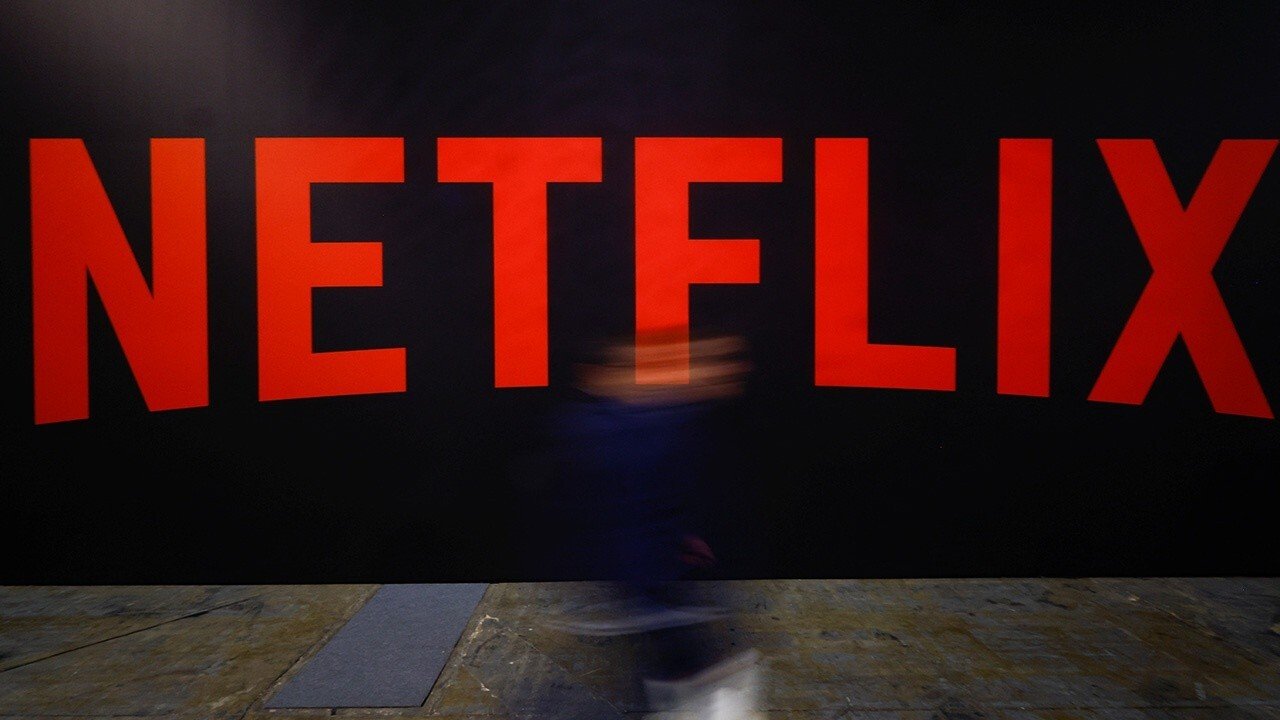Alphabet’s Google is under intense scrutiny as a landmark antitrust trial kicks off, with the U.S. Department of Justice (DOJ) calling for tough measures to prevent the tech giant from using its artificial intelligence products to further entrench its dominance in online search.
This high-stakes legal battle could dramatically reshape how people access information online, potentially dethroning Google as the default search gateway.
The DOJ is urging the court to order Google to sell its Chrome browser and adopt other corrective actions after a judge previously found the company guilty of maintaining a search monopoly. The case draws comparisons to major antitrust actions in U.S. history, such as those that led to the breakups of AT&T and Standard Oil.
During opening arguments, DOJ attorney David Dahlquist emphasized the importance of accountability, stating:
“Now is the time to tell Google—and all monopolists—that there are consequences for violating antitrust laws.”
Federal prosecutors, backed by a coalition of state attorneys general, argue that meaningful reforms must anticipate the growing overlap between search and AI technologies like ChatGPT. Dahlquist urged the court to consider long-term implications, warning that Google’s dominance in search fuels and benefits from its AI systems, creating a feedback loop that stifles competition.
Trial evidence revealed that Google has secured a deal to pay Samsung monthly to feature its Gemini AI app on mobile devices—a contract extendable through 2028. Though financial details weren’t disclosed, prosecutors described the amount as substantial.
U.S. District Judge Amit Mehta had previously determined that Google’s exclusive contracts with device makers played a key role in preserving its monopoly.
OpenAI executive Nick Turley is expected to testify in the coming days, offering insight into the competitive landscape around AI search tools.
In defense, Google’s attorney John Schmidtlein dismissed the DOJ’s proposals as a “wishlist for competitors” hoping to capitalize on Google’s technological success without matching its innovation. Google contends that its AI offerings are unrelated to the case, which focuses on search engine practices, and argues that the proposed remedies would hinder U.S. innovation.
The DOJ’s recommendations include ending Google’s default search engine deals with smartphone and tablet manufacturers, requiring it to license its search results to competitors, and potentially forcing the company to divest its Android operating system if less drastic measures fail.
Google maintains that non-exclusive agreements would be a more appropriate remedy. It warns that eliminating its payments to device and browser makers could raise device costs and threaten companies like Mozilla that rely on that revenue.
Google plans to call witnesses from Apple, Verizon, and Mozilla, with Apple having previously tried unsuccessfully to intervene in the case.
Assistant Attorney General Gail Slater and other DOJ officials were present in court to reinforce that the case remains a bipartisan effort, initiated under former President Trump and continued under President Biden. Dahlquist stressed the DOJ’s unwavering commitment, noting their recent legal victory in another Google-related antitrust case involving advertising technology.
Meanwhile, Meta Platforms is also facing antitrust action over its acquisitions of Instagram and WhatsApp, signaling an ongoing regulatory push against Big Tech’s market dominance.



